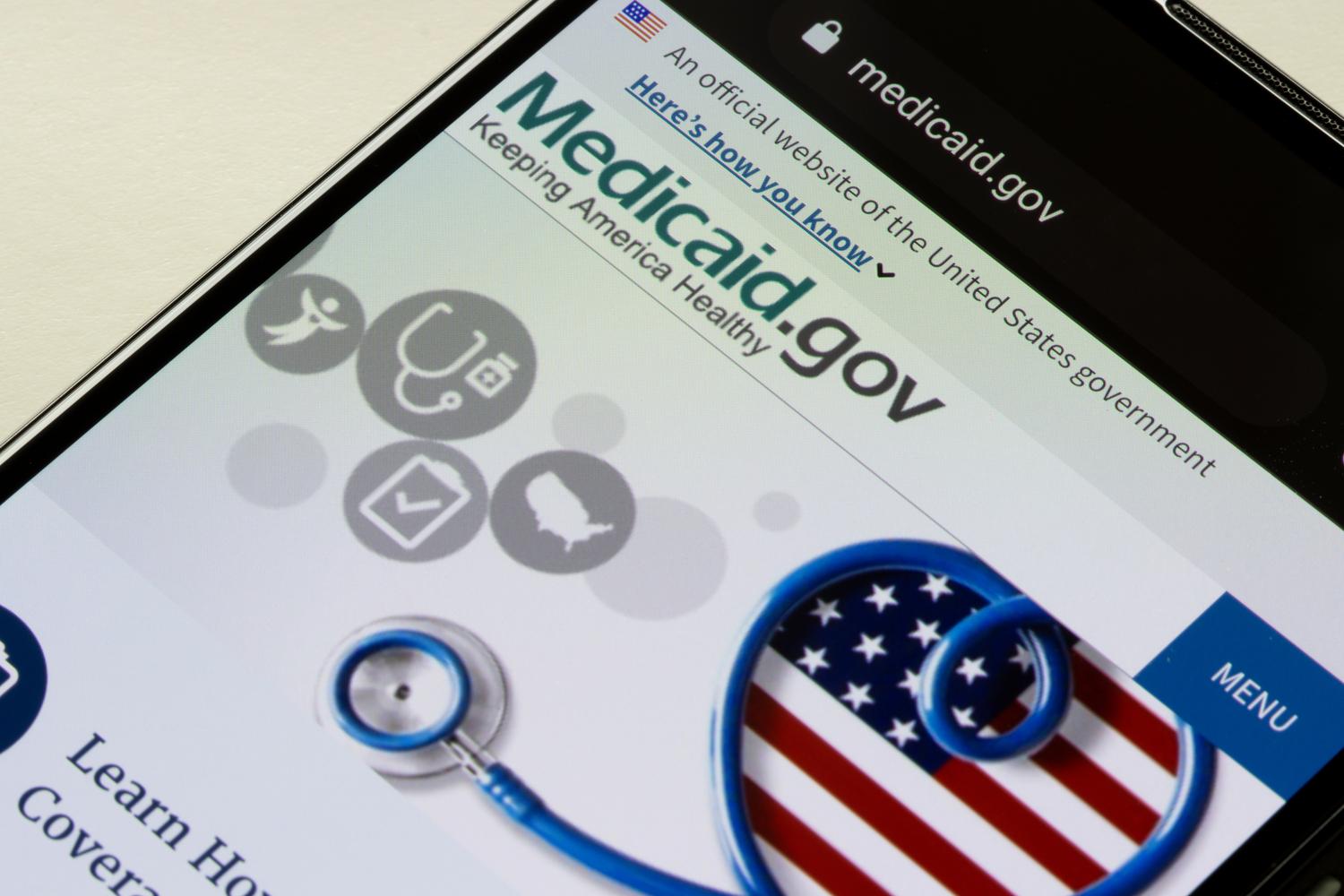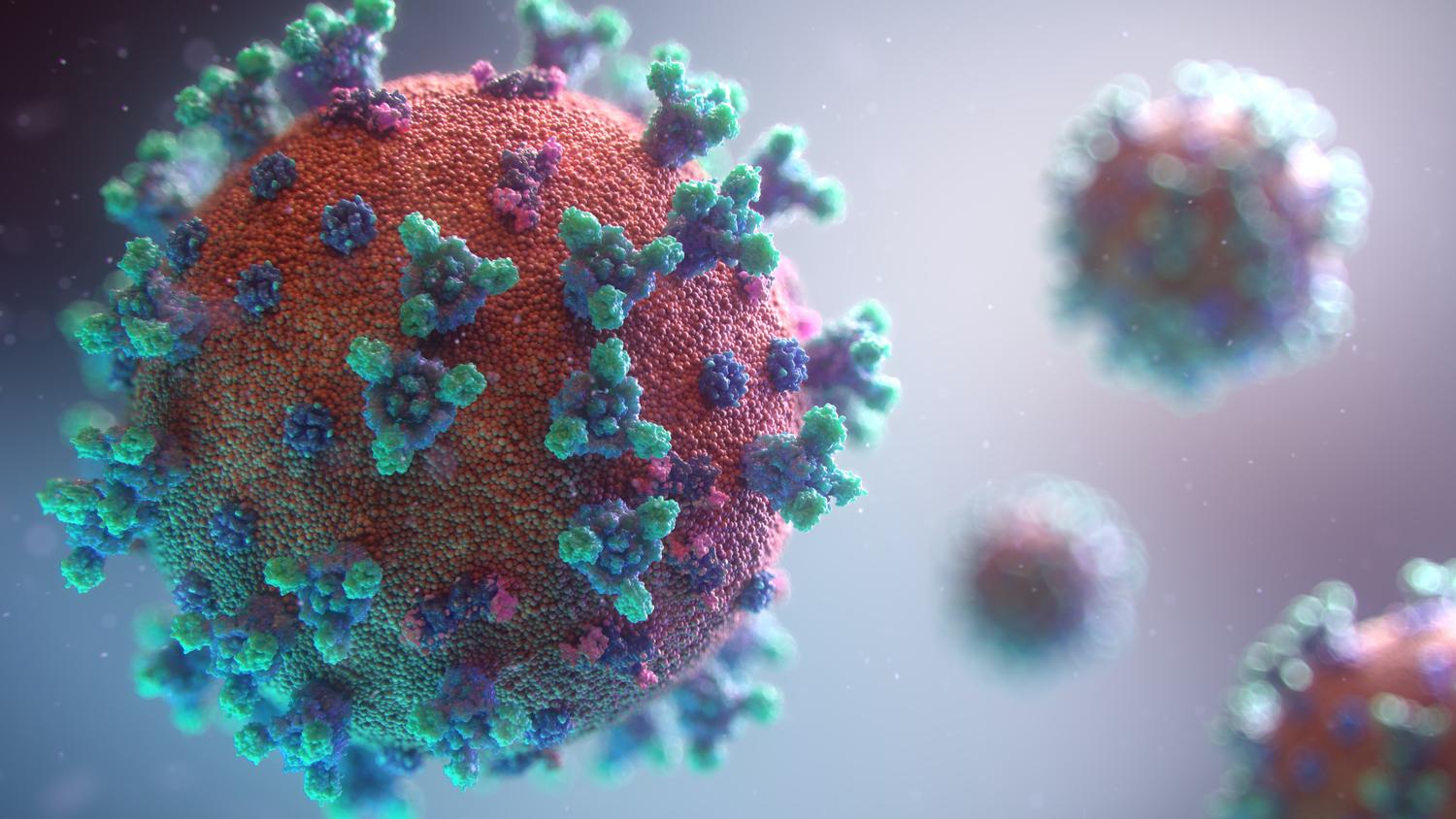A Letter from Sesame CEO David Goldhill
A note regarding the end of the Public Health Emergency
Dear Sesame Member,
As the CEO and co-founder of Sesame, I am writing to share some important news with you. Today, May 11th, marks the official end of the COVID-19 Public Health Emergency (PHE). This is a significant milestone, and we recognize the immense challenges and sacrifices everyone has made throughout this difficult period.
We understand that some of our customers may find themselves without healthcare coverage due to Medicaid disenrollment following the end of the PHE. Please know that we are committed to ensuring that you continue to have access to the quality medical care you need, not only for COVID-19 but also for mental health, primary care and other important services.
At Sesame, we emphatically believe that no one should put off medical visits because they can't afford them or are restricted by lack of coverage. If you are currently facing the challenge of losing coverage, I encourage you to contact our Customer Care Team, who will guide you through Sesame’s options for securing medical care, medications and more. Moreover, we will continue to offer telehealth services alongside in-person care options, which can be a cost-effective way to access quality medical care for many conditions.
If you are looking for new insurance, you can also check to see if you are eligible for subsidies to make health insurance more affordable through healthcare.gov or state-based health insurance exchanges.
We want to reassure you that we are here to support you in every way possible during this transition. Our commitment to your health and well-being remains unwavering, and we will work tirelessly to ensure our patients receive the care they need at the cost they deserve.
Thank you for using Sesame, and for being part of our mission to make half-priced, whole-quality care accessible for all.
Warm regards,
David Goldhill
CEO of Sesame









